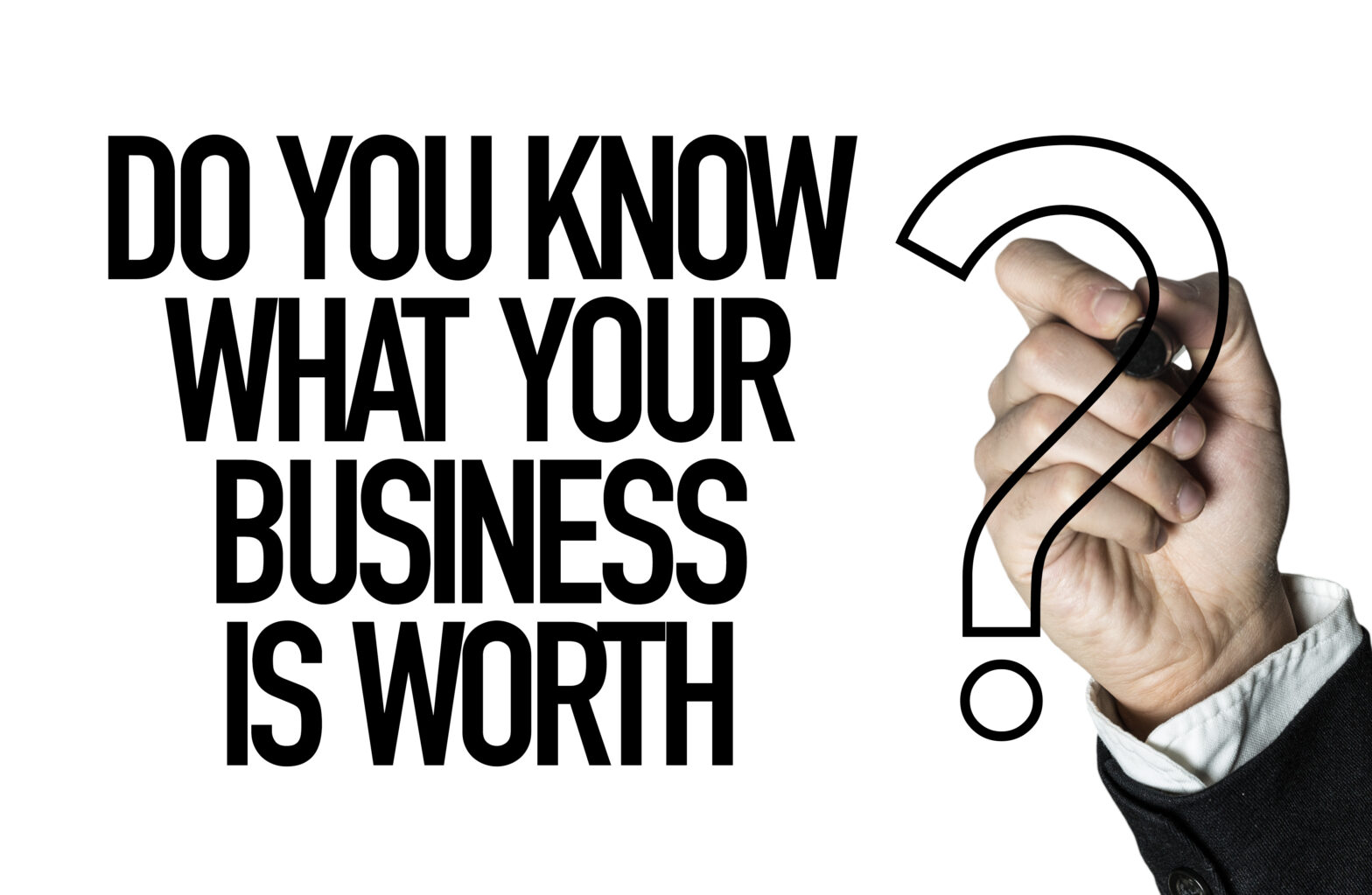It would be reasonable to assume that Ryan Reynolds knew exactly what he was doing when he sold his Aviation gin brand to British-based drinks manufacturer Diageo in a deal rumoured to be worth $610m (£466m). The deal would have been carefully structured by the legal teams involved over the course of many months.
However, in a humorous and somewhat surprising email, he appeared not to know that the deal included an earn-out provision.
And he also didn’t realise that this meant him remaining involved in the business. The Deadpool star needed an explanation from his lawyers as to what the earn-out entails.
>See also: Employee Ownership Trust – another way for business owners to successfully exit
What is an earn-out?
Corporate sales or disposals often include some form of earn-out provision. Put simply, it is a mechanism where part of the purchase price paid by the buyer is determined by reference to the future financial performance of the business. A proportion of the sale price is paid on completion of the deal, but the balance only becomes payable when pre-determined targets are met.
The terms are usually calculated by reference to turnover, profit, EBITDA or some other financial metric. There are several reasons for using an earn-out provision. They are commonly used when the buyer and seller have different price expectations for the business. If, for example, the seller has a more optimistic view on the target company’s prospects, the use of an earn-out allows a means of meeting that expectation provided that the company meets the expected levels of performance. Without the earn-out, the price that the buyer may be willing to pay may be discounted as a result of doubts concerning the actual profitability or value of the target company.
Why do buyers want an earn-out?
From a buyer’s perspective an earn-out offers greater security in only fully paying for a business once the performance targets have been met. It also allows for part of the price to be funded from future profits and so enables a lesser reliance on traditional debt funding at the point of sale.
>See also: Business owners eye selling up ahead of capital gains tax changes
How the deal is structured
An earn-out is sometimes designed to ensure that the seller remains active within the business and committed to its future development along a certain trajectory, typically for three years.
For example, an £18m deal might require payment of £9m on completion, with three further instalments of £3m payable at yearly intervals conditional on performance. On a simple level, it could be that the buyer agrees to pay the sellers a percentage of profits made during the earn-out period; however, more typically this takes the form of a formula or a calculation based on a sliding scale based on performance bands.
Terms of the earn-out must be clear, unambiguous, and agreed upon by both parties.
From the seller’s point of view, they need absolute clarity on what the buyer will control after the deal and may contain certain controls or protections on how the business is run and operated post-completion. The seller will want to ensure they protect the resources they will need in order to achieve earn out targets. This could take the form of preventing the buyer from diverting trade to other group companies, excessive management charges or asset stripping.
When an earn-out is based on a financial metric or target, the relevant provisions in the share sale and purchase agreement will need to be clearly defined. This can often involve complex accounting issues and in most cases both parties will need to ensure that their accounting advisers are closely involved with this aspect of the negotiation.
The sellers should also consider the question of security for the buyer’s obligations to meet the earn-out payments. In the absence of any security, all the sellers will have is a contractual claim for breach of contract, which they will have to enforce through the courts. The sellers could consider part of the price being deposited in a cash escrow account to be released as and when the targets are met, obtaining a parent company guarantee for the obligations or even taking a charge over the assets of the target company to secure the payment obligations.
What if I don’t hit earn-out targets?
Unfortunately, there could be many external factors outside of the buyer’s control that may have an impact on whether targets are met. Political or economic impacts, such as Brexit or the unexpected global pandemic, will undoubtedly affect the performance of a business through no fault of the seller. Sellers should therefore think very carefully about the amount of the purchase price they are prepared to risk should the business fail to meet its projections.
Earn-outs can result in mutual success
A well-constructed earn-out provision can make a lot of sense for both buyer and seller, particularly in challenging economic times when a business can often be difficult to accurately value. It allows the buyer to only pay the full asking price, provided the business meets certain agreed metrics and also for the seller to share some of the risk.
From the seller’s perspective, if they are confident of the robustness of their business plan, it may allow them to achieve a higher price than would otherwise be payable.
For this reason, we are likely to see a continuation of the earn-out trend the foreseeable future.
Paul Tyrer is a partner in the corporate team at SAS Daniels
Further reading
How to sell your small business without a broker – Growth Business guide







